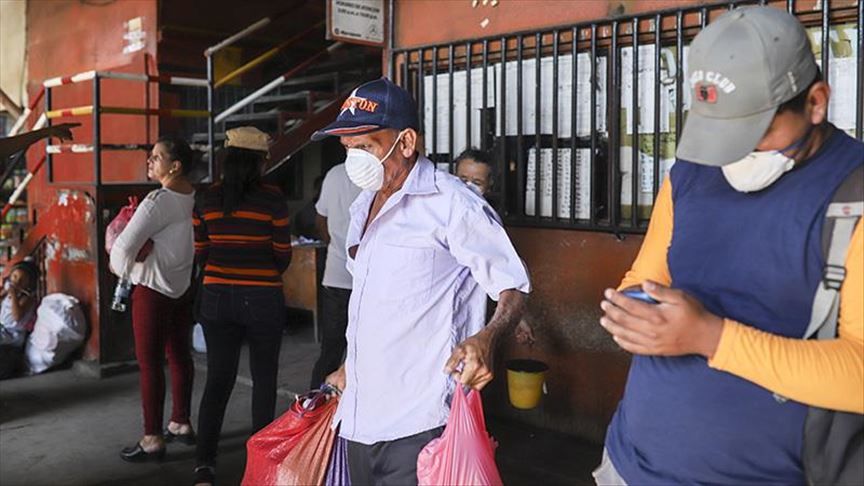Extract from an article by Betty Fermin was first published by WhyHunger
There are similarities in what [social movements] in Latin America, Africa, North America and Asia are sharing, when it comes to access to resources, and the government’s preparedness and response. The need for food sovereignty has never been more critical. It is time for solidarity and mutual support to nourish our commitment for a more just food system and more just world.
Dominican Republic, from CONAMUCA the National Federation of Peasant Women: “Food is less accessible. There is a solidarity debit card that the government gave out (similar to food stamps) but it’s been hard for all to get. There is a bi-national farmers’ market where Haitians and Dominicans go, but it is closed; folks are having a lot of problems feeding themselves daily. In most areas and regions, now is where they should be planting, but there is no food production yet. In April and May, and as early as March, families would regularly be preparing the soil and sharing seeds amongst them but that’s all been held up since folks have to remain at home.”
Nicaragua, from the Rural Workers Association (ATC): “This pandemic has grave impacts on the right to food and food sovereignty and how rural families are going to react to the crisis. It is imperative to guarantee that land is available for producing food. This article, titled Nicaragua and COVID-19, details how successfully Nicaragua has been tackling this, pointing to social and economic rights – like health, education and the right to food – that are prioritised in Nicaraguan law as a key factor. The members of the ATC are part of community health brigades that are working with the ministry of health and the police to go out into communities. 3/25/20 was our 42nd anniversary. We didn’t hold a public celebration. What we did was go and work with the health groups in the communities. We celebrated our anniversary in our communities conducting health surveillance. This is a task for everyone because we believe the best way to attack this pandemic is through community health awareness. We’re using our organisation to work and to continue producing food. Our political education schools and IALA (Latin American Agroecology School) are doing classes online.”

